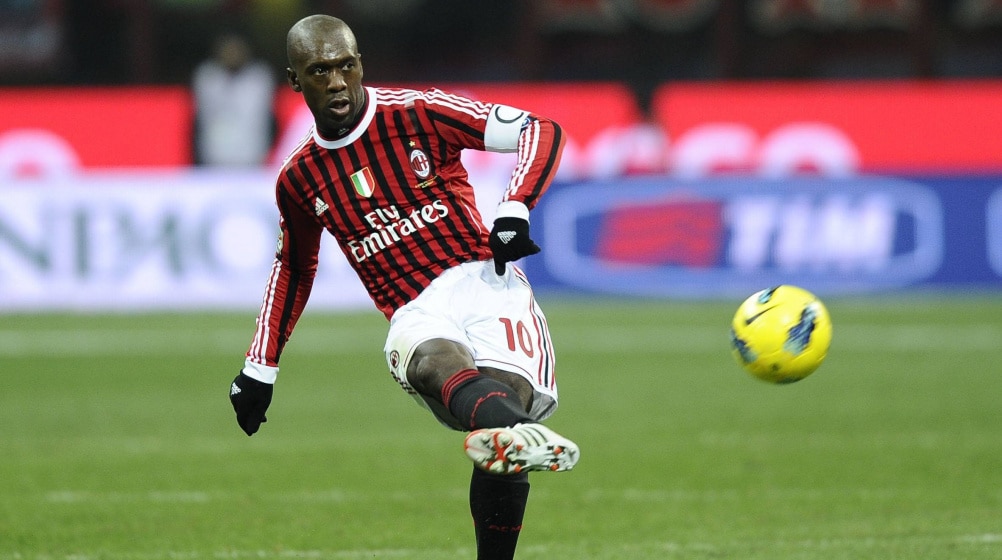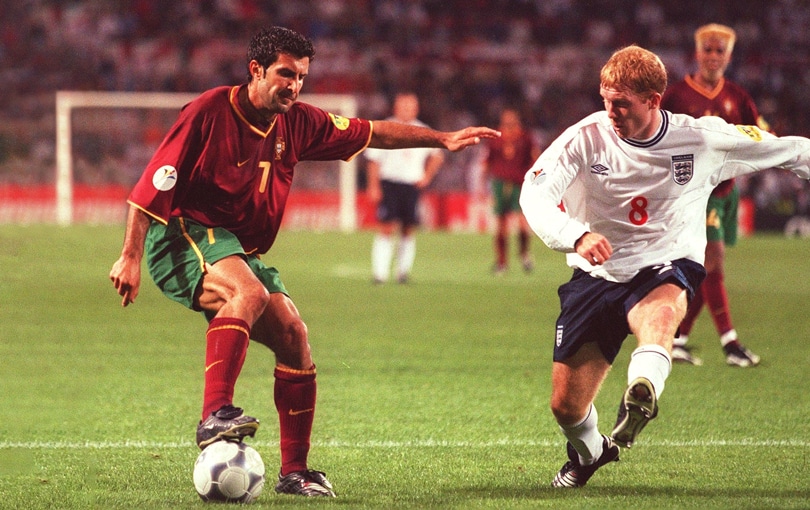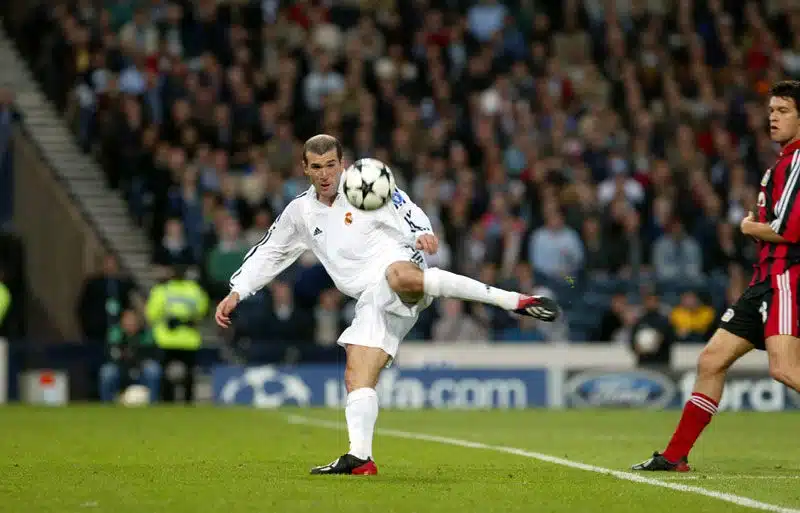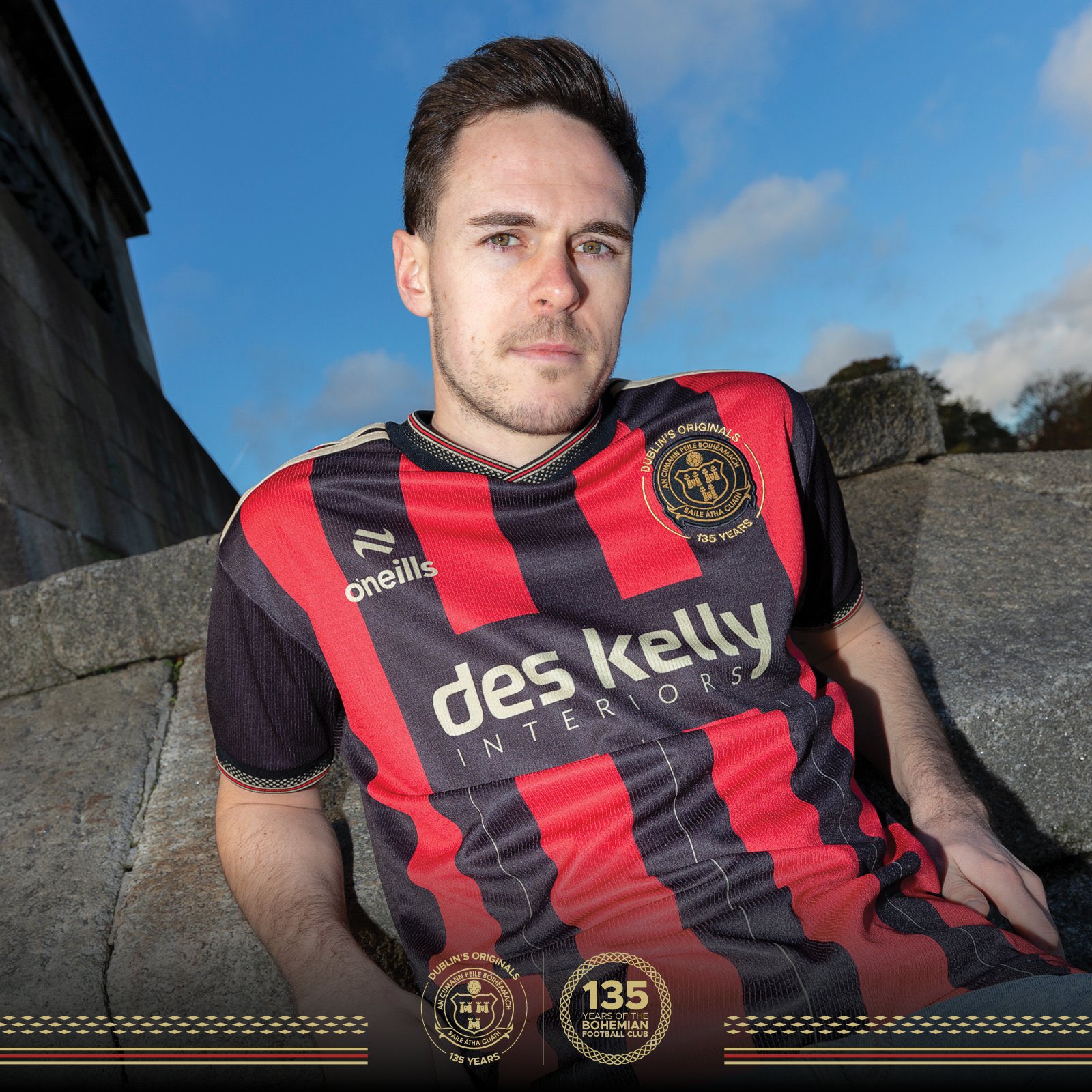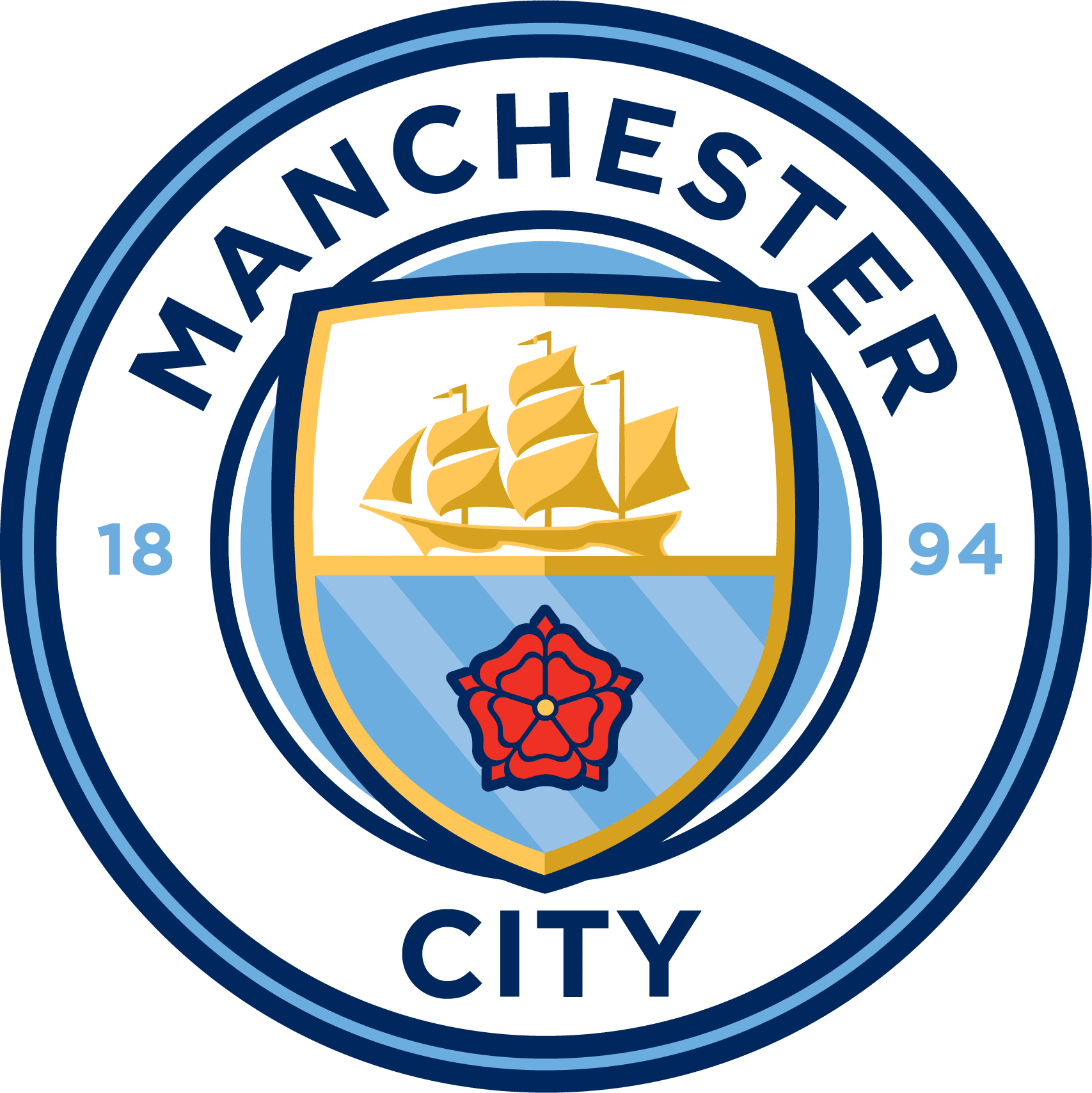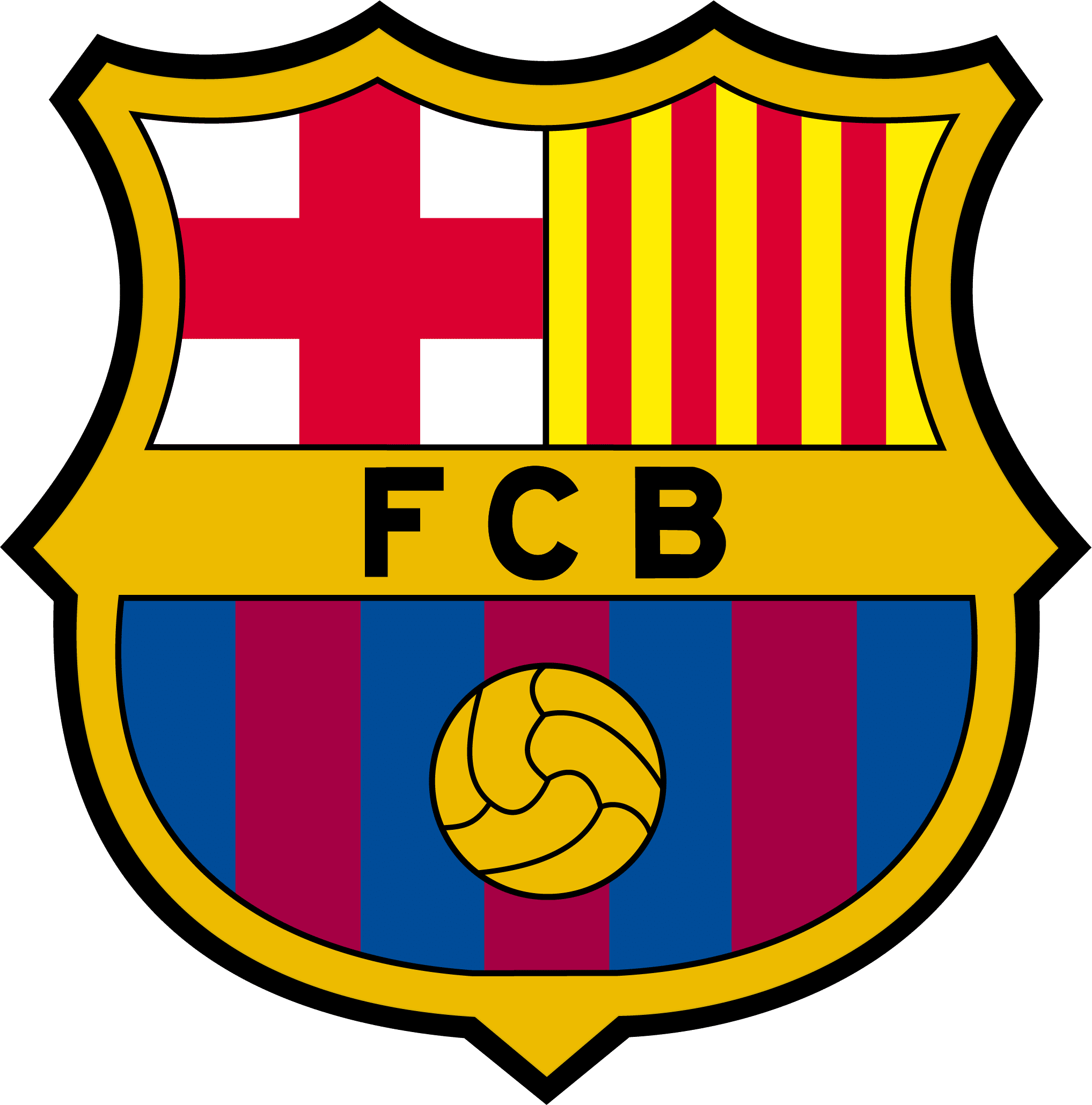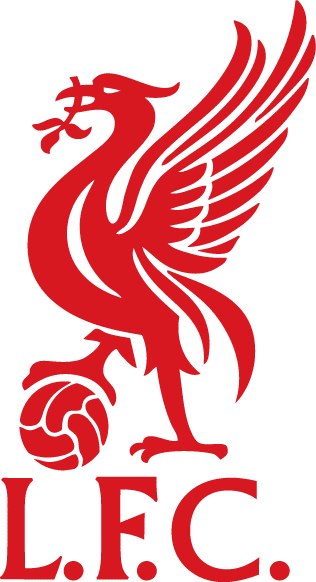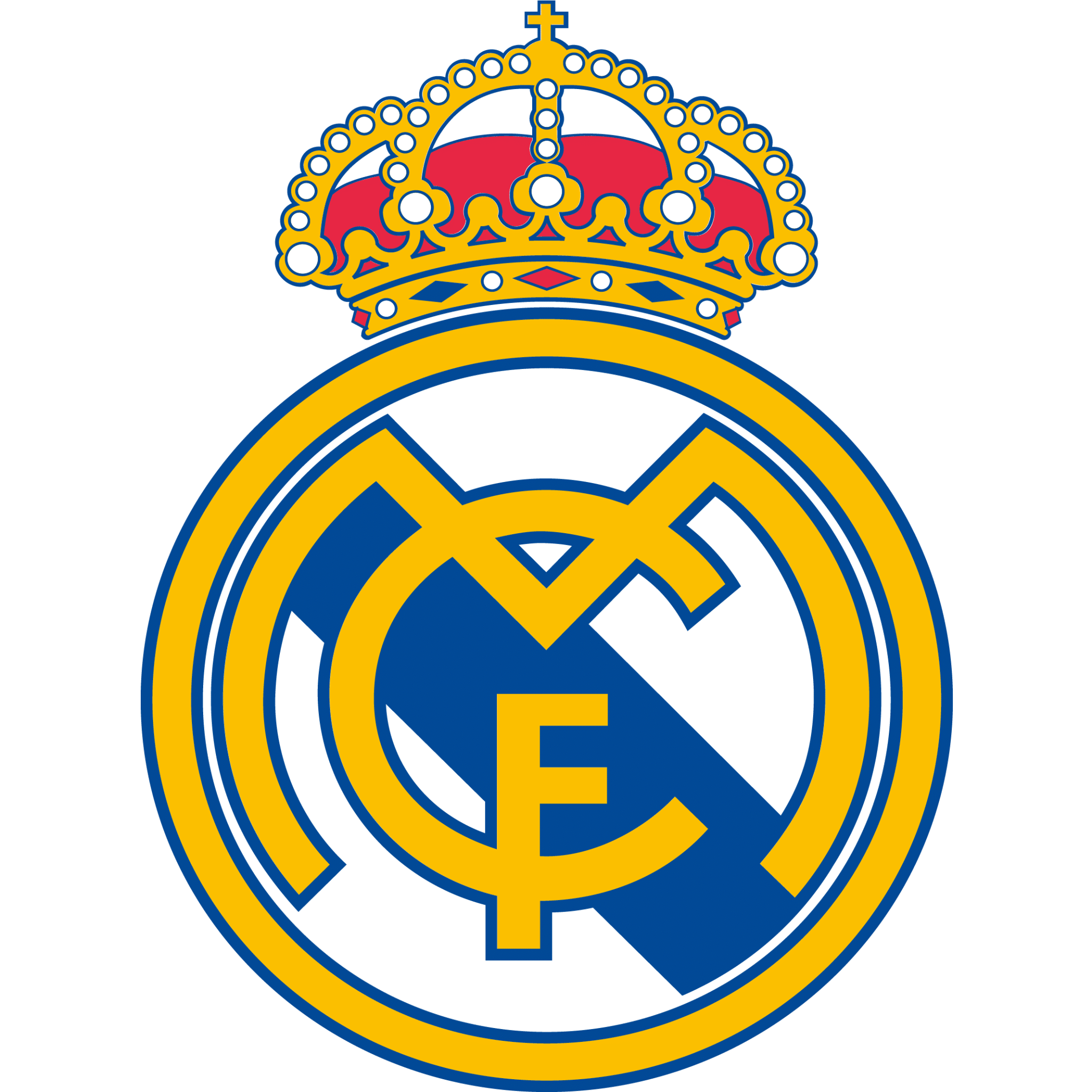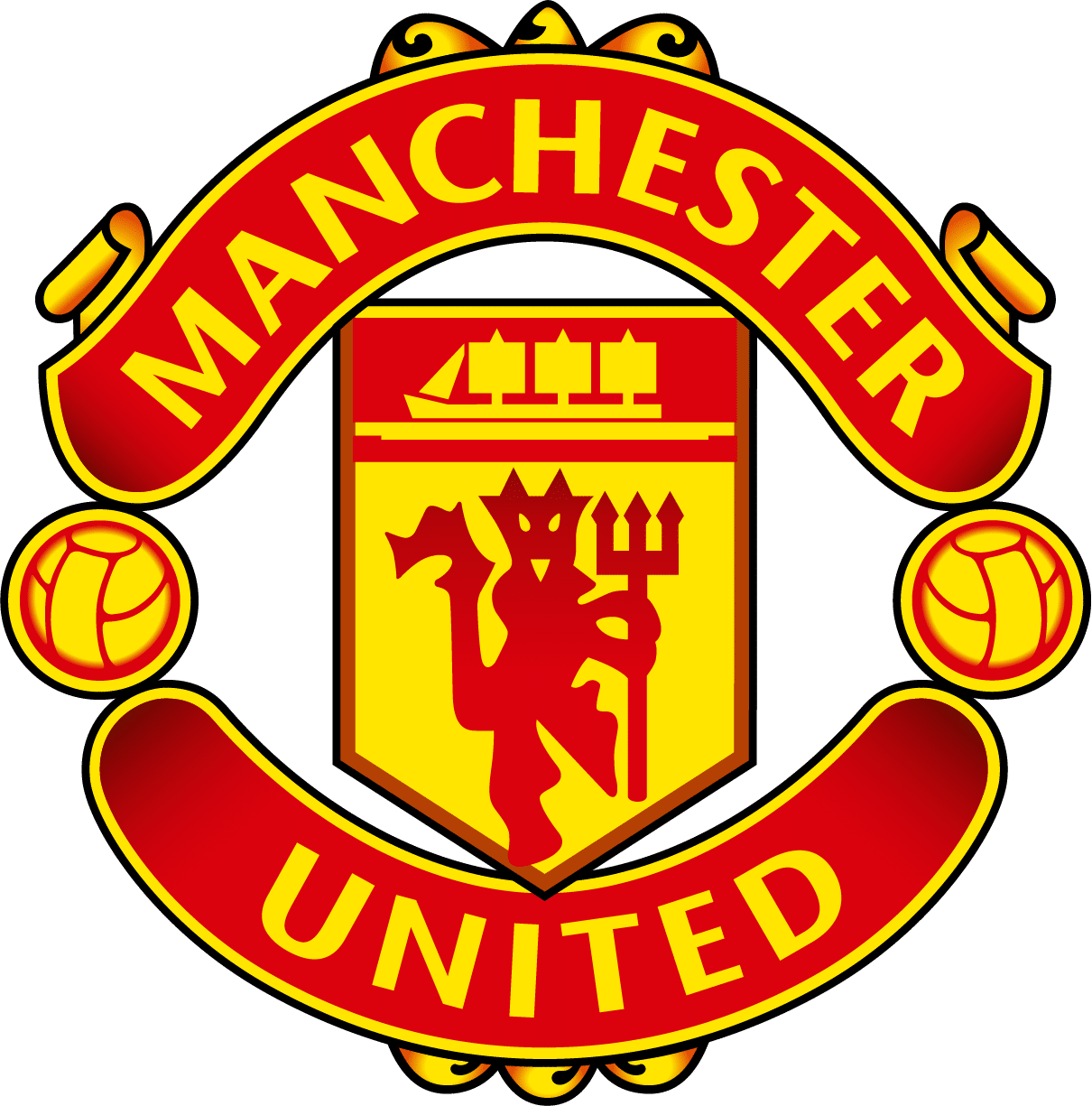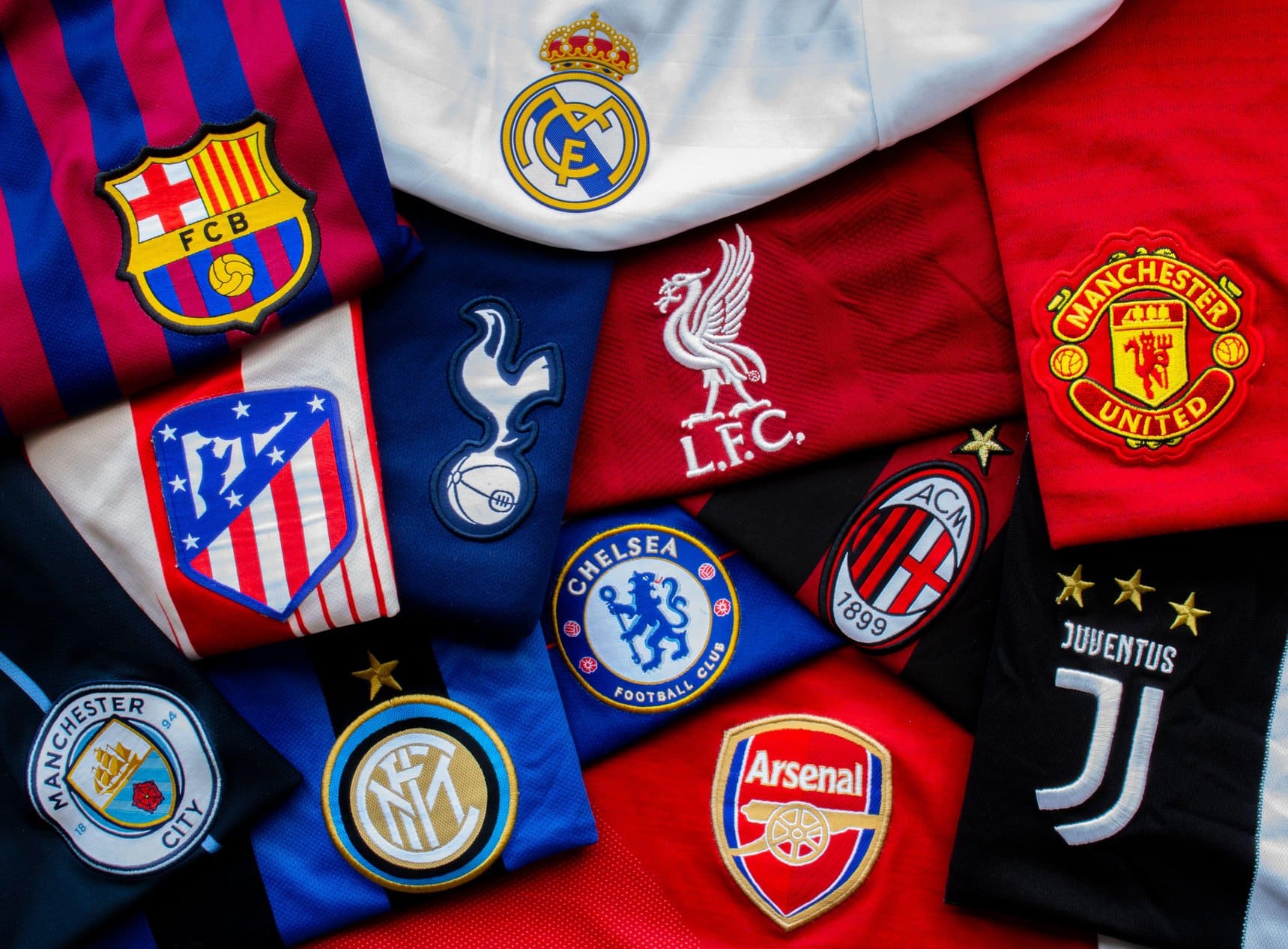Sergio Agüero is regarded as one of the most prolific strikers of his generation. He built a legacy as a lethal forward whose skill, precision, and consistency made him a household name in world football. From his early days in Argentina to becoming Manchester City’s all-time leading goal scorer, Agüero’s career was defined by his clinical finishing, dynamic movement, and ability to perform in crucial moments. Renowned for his iconic performances, including the dramatic final-day goal that secured City’s first Premier League title in 2012, Agüero’s impact transcended club football, also earning him a central role in Argentina’s national team. His journey through football left an indelible mark on both club and international football. In this article, we will look back at the career of the Argentinian.
Independiente: 2003-2006
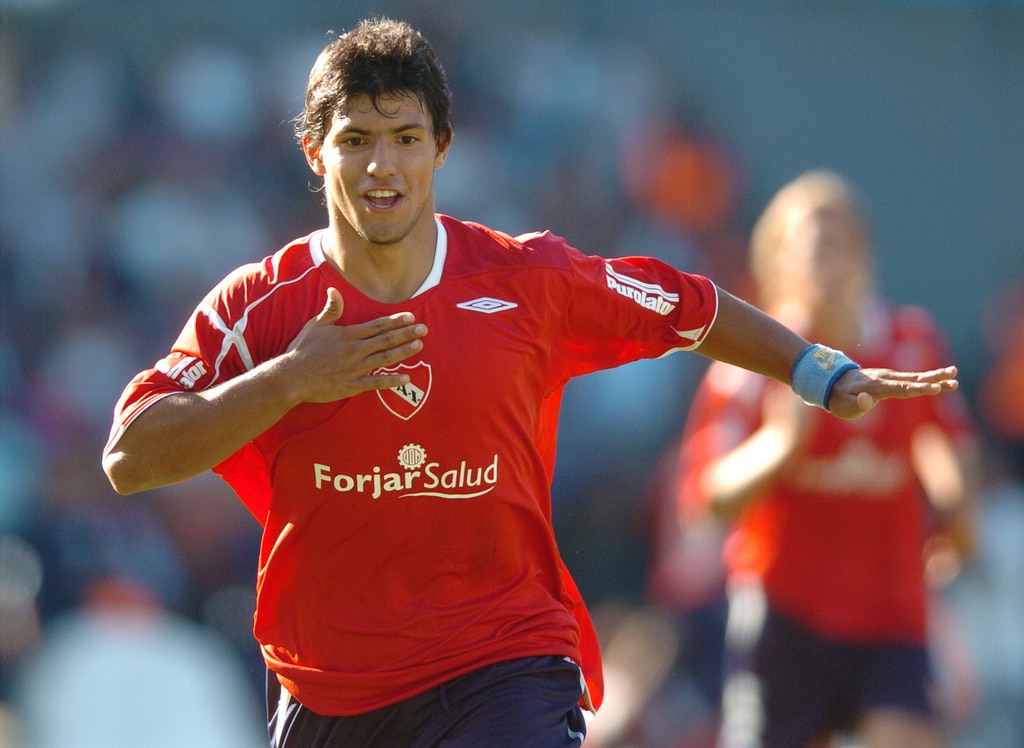
Sergio Agüero’s journey at Independiente began at the age of nine, and he quickly rose through the ranks of the youth system. At just 15 years and 35 days old, he made his professional debut on 5 July 2003, becoming the youngest player to appear in Argentina’s top division. His early debut earned him attention, although his time in the first team was initially limited. After a brief period away from the starting lineup, Agüero returned in 2004 under coach José Omar Pastoriza, making history as the youngest player to compete in the Copa Libertadores. By the 2005–06 season, Agüero had become a star, scoring 18 goals in 36 league matches. His performances earned him a transfer to Atlético Madrid in 2006 for a record fee, marking the end of his notable stint at Independiente.
Atlético Madrid: 2006-2011
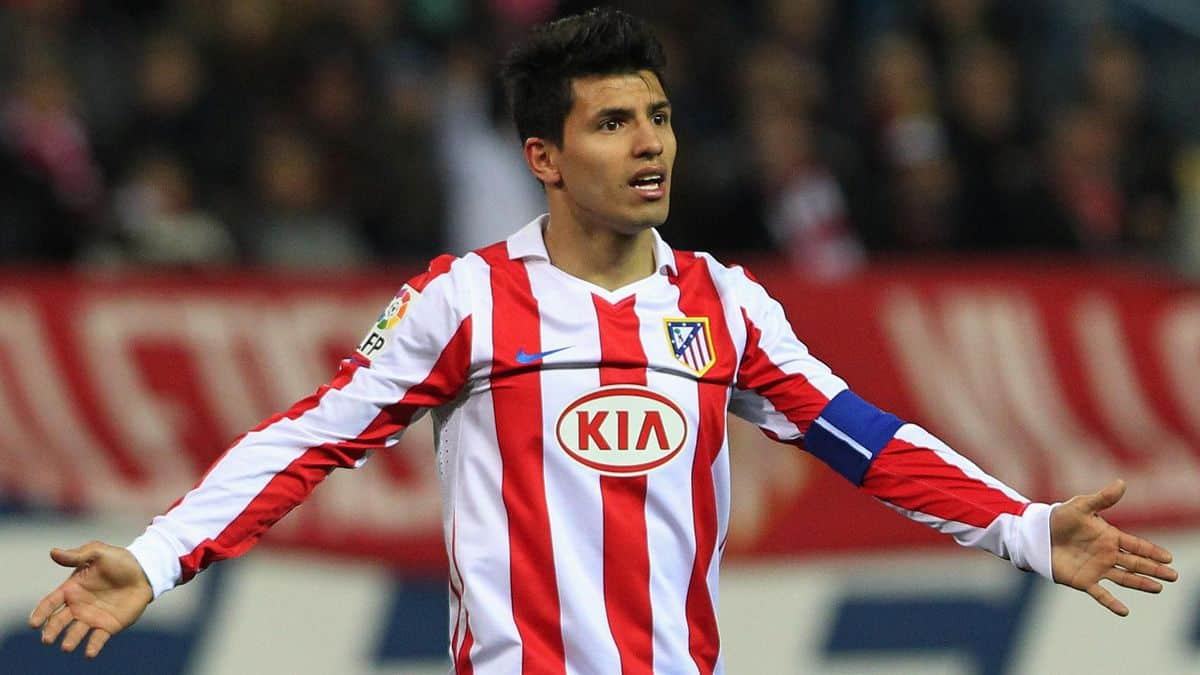
Sergio Agüero’s move to Atlético Madrid in May 2006 for a record €20 million marked the beginning of an illustrious chapter in his career. Despite an early controversy over a handball goal against Recreativo Huelva, Agüero quickly adapted to Spanish football, finishing his debut season with seven goals. With the departure of Fernando Torres in 2007, Agüero became Atlético’s central figure, and in the 2007–08 season, he scored 19 goals, finishing third in La Liga’s top scorers. His standout performances, particularly against Barcelona, helped Atlético qualify for the Champions League for the first time in over a decade.
Agüero formed a potent partnership with Diego Forlán, and by the 2009–10 season, his influence was pivotal in Atlético’s success, which included winning the UEFA Europa League. In the final, Agüero assisted both goals in a 2–1 extra-time win over Fulham. The following year, he played a crucial role in Atlético’s victory in the UEFA Super Cup, scoring in the final against Inter Milan. His final season in Madrid saw him score 20 league goals, including his first career hat-trick. After a stellar 2010–11 campaign, Agüero moved to Manchester City in the summer of 2011, leaving Atlético with a legacy as one of their greatest-ever players.
Manchester City: 2011-2021
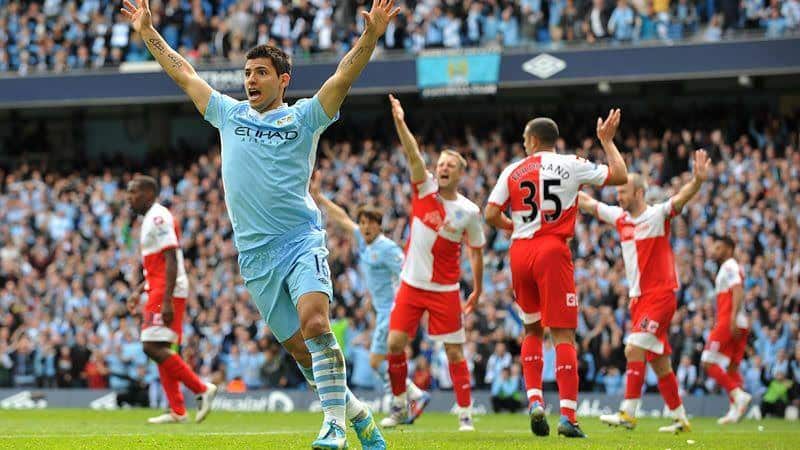
Manchester City came calling after Agüero’s impressive stint in La Liga. His arrival in 2011 marked a new era for the club, and his impact was immediate. The Argentine striker quickly became a fan favorite, known for his clinical finishing, incredible work rate, and ability to score crucial goals.
His most iconic moment came on the final day of the 2011-12 season. With Manchester City trailing and time running out, Agüero scored a dramatic last-minute goal against Queens Park Rangers, securing the club’s first Premier League title in 44 years. This moment is still celebrated by City fans as one of the greatest in Premier League history.
Agüero continued to be a prolific scorer for City, breaking numerous club records. He became the club’s all-time leading scorer, surpassing the legendary Eric Brook. His ability to score goals from anywhere on the pitch made him a constant threat to opposition defenses.
Beyond his goal-scoring prowess, Agüero was a team player who contributed to City’s success in various ways. He formed formidable partnerships with players like David Silva and Kevin De Bruyne, helping to create one of the most feared attacking forces in world football.
Agüero’s departure from Manchester City in 2021 marked the end of an era. His legacy at the club is secure, and he will be remembered as one of the greatest players to ever grace the Premier League.
Barcelona: 2021
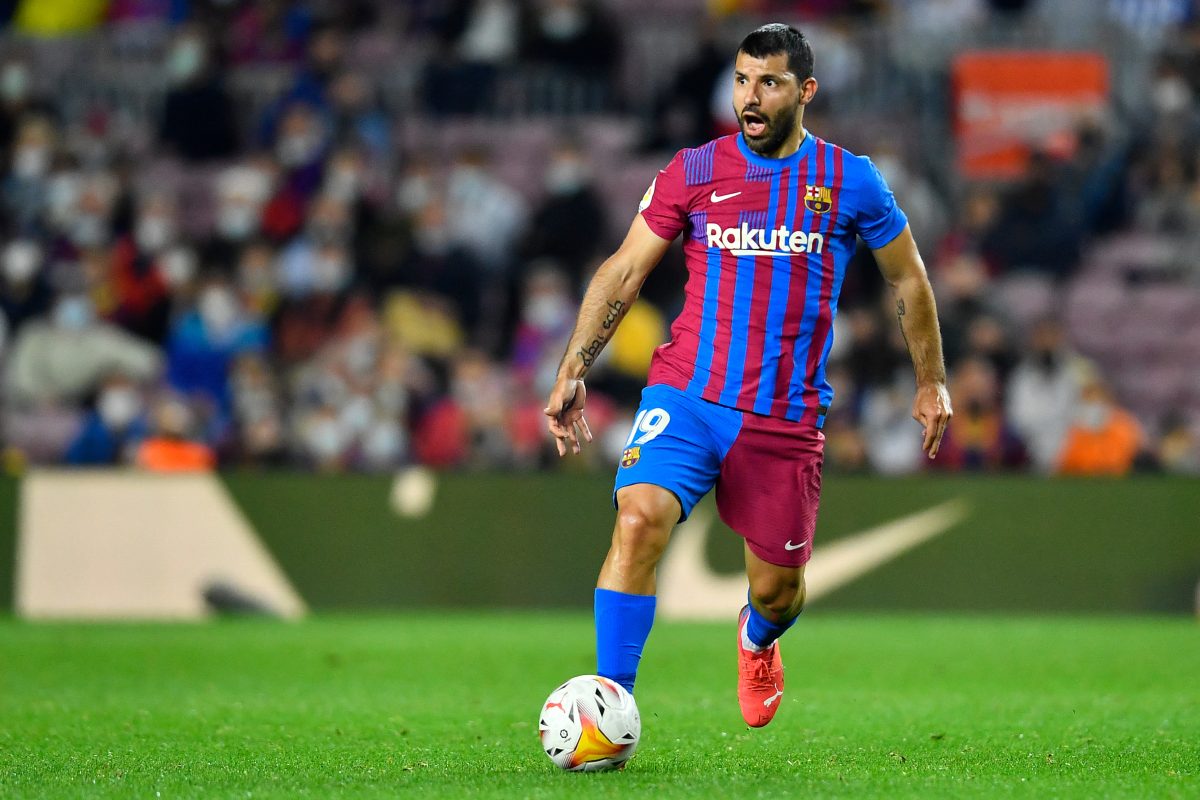
Sergio Agüero joined Barcelona in May 2021 on a two-year contract. His debut came on 17 October in a 3–1 win over Valencia, where he played as a substitute. Agüero made an immediate impact in his first El Clásico, scoring a last-minute goal in a 2–1 loss to Real Madrid. However, his time at Barcelona was cut short after he was diagnosed with cardiac arrhythmia following a match against Alavés. Despite hopes of recovery, Agüero announced his retirement on 15 December 2021, following medical advice, ending a career filled with remarkable achievements.
Argentina: 2006-2021
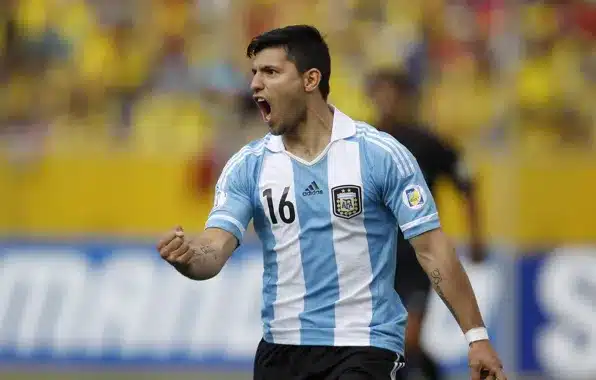
The Argentinian national team was marked with significant accomplishments at both youth and senior levels for Agüero. As a teenager, Agüero excelled in youth tournaments, winning back-to-back FIFA U-20 World Cups in 2005 and 2007, where he was named Golden Boot winner and Golden Ball recipient. His senior debut came in 2006, and by the 2010 World Cup, he had become a key player, scoring in the qualifiers and playing in the tournament. Agüero played in multiple Copa América tournaments, contributing goals and assists, including a memorable hat-trick against Bolivia in 2015. Although Argentina reached two finals in 2015 and 2016, Agüero’s side fell to Chile in penalty shootouts.
At the 2018 World Cup, Agüero scored his first-ever World Cup goal against Iceland and played in the loss to France in the knockout stages. In 2021, Agüero helped Argentina win the Copa América, assisting Lionel Messi’s goal in a 4–1 win against Bolivia in his 100th appearance. Though forced to retire in 2021 due to heart issues, Agüero celebrated Argentina’s victory at the 2022 World Cup, cementing his legacy as one of Argentina’s greatest strikers.
Despite an early retirement, Agüero is remembered as one of modern day football’s greatest forwards.

